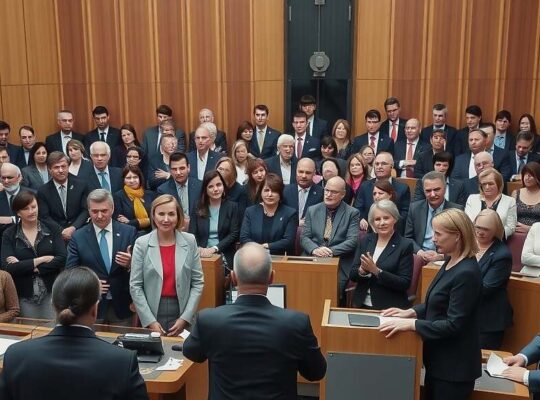A growing concern is emerging within Germany regarding the exploitation of children by their parents through social media platforms. Terre des Hommes, a leading children’s rights organization, is sounding the alarm over the increasing trend of parents leveraging their children’s emotional moments to build online followings and generate revenue, raising serious questions about ethical boundaries and the potential for a new form of child labor.
According to Joshua Hofert, Executive Board Member of Terre des Hommes, parents are strategically using their children’s experiences, frequently captured during intensely private and vulnerable moments – from accidents to expressions of sadness or homesickness – to inflate the reach of their online channels. When this amplified reach translates into financial gain, Hofert argues, it crosses a critical line, potentially constituting exploitation.
The practice extends beyond mere exposure; children are often subtly manipulated to endorse products or test merchandise directly within these videos, effectively driving sales and further monetizing their presence. Even without explicit commercial intent, Terre des Hommes warns that the constant online presentation of children inhibits their freedom to develop and express themselves naturally. The organization highlights instances where children are portrayed in situations they wouldn’t independently navigate, often requiring considerable parental effort, evidenced by the hours dedicated to video production.
This phenomenon raises a fundamental debate about parental responsibility and the long-term psychological impact on children growing up under such scrutiny. Critics argue that the relentless documentation and curation of childhood experiences for online consumption risk diminishing a child’s sense of privacy and autonomy, potentially fostering a performative identity rather than genuine self-discovery. Terre des Hommes is pressing for greater awareness and a broader societal discussion regarding the ethical limits of parental influence in the digital age, advocating for a more cautious and protective approach to children’s online presence. The organization suggests a need for legal and regulatory considerations to safeguard the well-being and rights of children in the expanding digital landscape.












